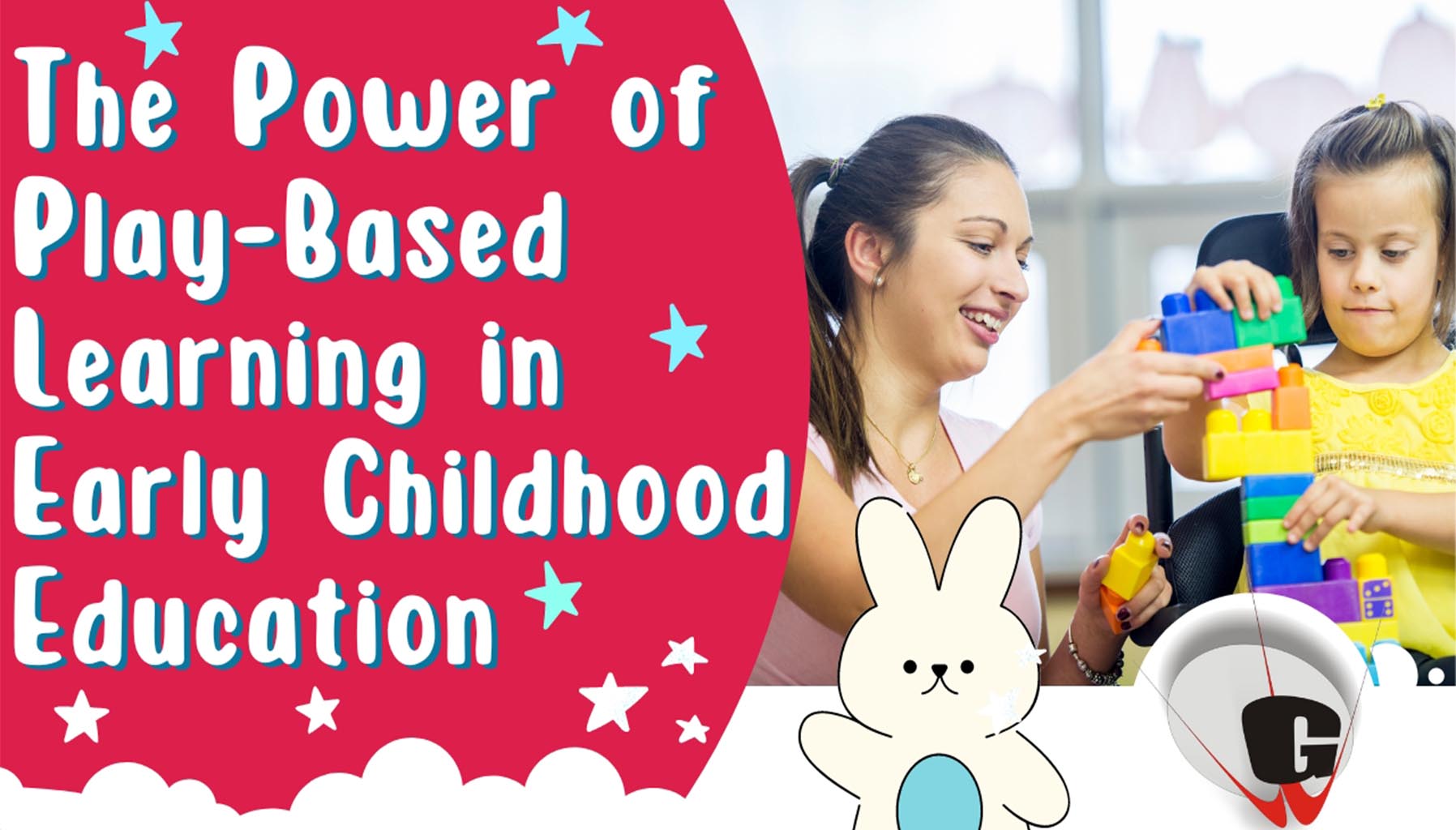Play-based learning in early childhood education helps children develop important skills, knowledge, and behaviors through play and hands-on experiences. Play is an important way for children to learn and explore. It helps them develop their creativity, imagination, curiosity, physical and cognitive skills, emotional well-being, social skills, and language abilities. This approach is supported by international research and accepted as a best practice in Top Boarding Schools in North India. The new education policy in India also emphasizes the importance of play.
Play-based learning is important for young children due to several reasons as mentioned below:
1) Play-based learning promotes creativity and imagination by encouraging children to use their own ideas, overcome challenges, and express themselves in unique ways. This helps develop their cognitive abilities.
2) Play-based learning supports social and emotional development in children by allowing them to interact with others, develop skills such as sharing and taking turns, and build strong relationships. It also helps them learn teamwork and boosts their self-confidence.
3) Play-based learning promotes physical development in children by encouraging active play and movement. It also allows them to gain knowledge about their bodies and how they function.
4) Play-based learning activities support the development of cognitive skills in children, including problem-solving, critical thinking, and decision-making. Through hands-on play experiences, children can connect their learning to real-life situations.
5) Play-based learning supports language development by giving children the chance to practice and enhance their language skills. Through play and conversation with others, children can learn new words and concepts.
Examples of Play-Based Learning
Playtime is not just for fun, it can also be educational. There are different types of play that offer various benefits to a child’s development which has been successfully adopted by various Best Boarding Schools in Haryana, one of them is GD Goenka Boarding School, Rohtak.
1) Pretend Play
Pretend play in children, like pretending to be pirates or chefs, is not only cute but also crucial for their cognitive development. It boosts creativity, problem-solving abilities, and language skills.
2) Outdoor Play
Outdoor environments provide children with both a fun play area and an educational setting. Through activities such as digging in soil, experiencing wind, and engaging in physical tasks like climbing and jumping, kids can learn about biology, understand weather conditions, and develop their motor skills.
3) Art and Music
Engaging in activities like drawing, painting, and making music not only produce art or melodies but also encourage emotional expression, improve fine motor skills, and enhance mathematical thinking.
Conclusion
Play-based learning is crucial for early childhood education, especially up to age 8. It helps children develop important skills, knowledge, and attitudes in a fun way. By promoting play-based learning, educators and parents can help children develop a love of learning that will benefit them throughout their lives.


